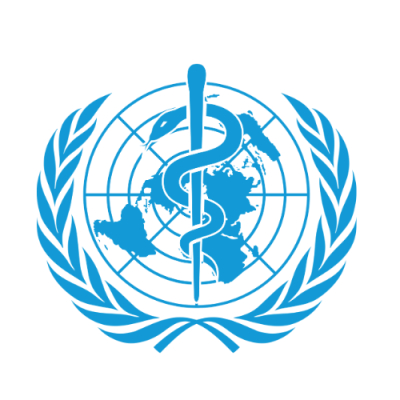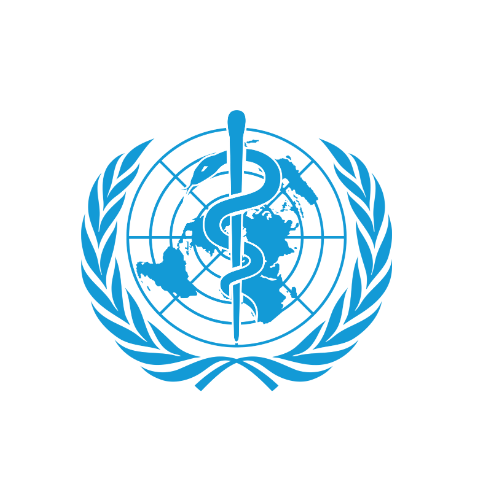
Parenteral levetiracetam has also been added to the complementary lists of the EML and EMLc for use in the management of benzodiazepine-refractory status epilepticus. The inclusion of levetiracetam on the Model Lists, which often guide the development of government pharmaceutical formularies, offers the potential for increasing the range of treatment options available for people with #epilepsy and could help to reduce the mortality and morbidity associated with prolonged seizures.
IBE submitted letters to WHO requesting this addition, and also worked in partnership with other global patient organisations – such as those representing people with multiple sclerosis and Alzheimer’s Disease groups – to submit a written statement to the recent committee meeting.
Section 5.1 (new sub-section) Antiseizure medicines
The Expert Committee recommended the inclusion of oral levetiracetam on the core list of the EML and EMLc for the treatment of focal-onset and generalized-onset seizures in adults in children. The Committee also recommended the inclusion of parenteral levetiracetam on the complementary list of the EML and EMLc for use in the management of benzodiazepine-refractory status epilepticus. These recommendations were made based on evidence of effectiveness and safety and in recognition of the need for treatment strategies for people with epilepsy to be individualized taking into account multiple factors including, but not limited to, pregnancy and patient preferences, seizure type, co-morbidities, and concomitant use of other medications. These recommendations are also aligned with expected recommendations in the updated WHO Mental Health Gap Action Programme (mhGAP) guidelines.
Full details of the Expert Committee’s recommendations, describing the additions, changes and removal of medicines, and decisions not to recommend medicines are available in the Executive Summary here.

